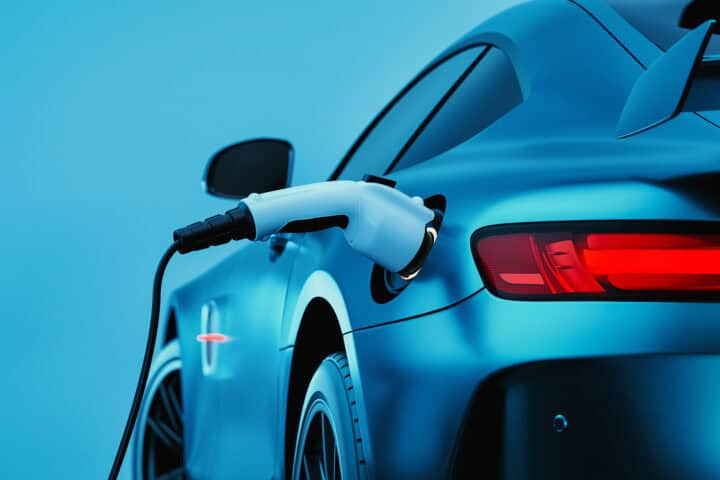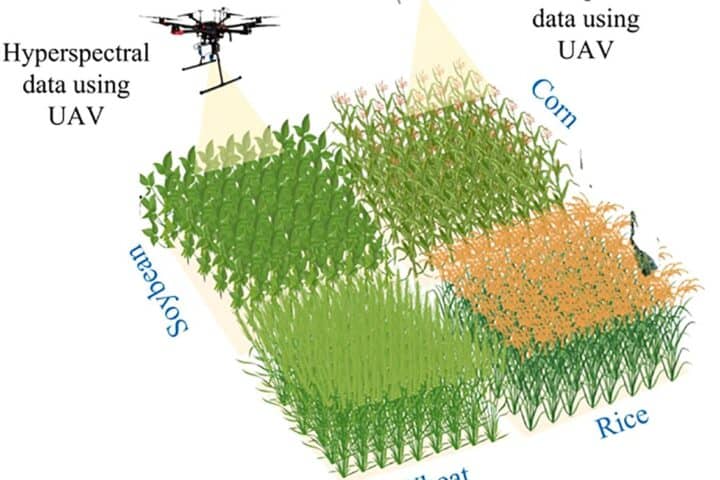EV Depreciation has become a significant concern for both consumers and manufacturers, with EVs losing value at a faster rate than their gas-powered counterparts. Factors such as battery degradation, the influx of new models, and lower EV residual values are driving this trend. A recent study revealed that EV values dropped 31.8% in a year, compared to just 3.6% for gas vehicles. To counteract this, luxury automakers like Ferrari are offering extended battery replacement warranties to protect the resale value of their hybrid-electric models. This move highlights the growing challenges faced by EV owners, who are seeing their vehicles depreciate more rapidly, particularly as they reach the end of their battery warranties. Government incentives and subsidies play a crucial role in offsetting the high cost of ownership and encouraging broader adoption of EVs. However, as the market becomes increasingly saturated and the cost of replacing EV batteries remains high, concerns over long-term value retention persist. Manufacturers must navigate these challenges while fulfilling government sales mandates, making it crucial to offer competitive warranties and incentives to attract a wider range of buyers, especially in the used EV market.
Lower EV values and higher government incentives could make it easier for a wider group of consumers to test EVs as manufacturers work to fulfill government sales mandates.
According to experts, the causes of EV depreciation range from the market’s explosion of new models to battery degradation after years of charging. A recent study from iSeeCars.com found EV residuals fell 31.8% over a year ago ( a value loss of $14,418 ) compared to 3.6% for gas engine vehicles. Lower EV values, combined with higher government incentives, could give manufacturers the chance to try EVs as they comply with government sales mandates, despite the deprecation being bad for owners.
Luxury Automakers Counter EV Depreciation with Extended Battery Warranties: Ferrari Leads the Charge
The most costly aspect of owning a new car is vehicle deprecation, according to Karl Brauer, senior analyst at iSeeCars.com. “As more EV buyers become aware of that fact, the fewer will be interested in ownership”.
Concerned over owner backlash, some luxury automakers are taking action. To protect remaining values essential to its brand’s reputation, Ferrari— which has been making hybrid-electric supercars like the SF90 Stradale and 296 GTB/GTS since 2019 with its first, fully-electric vehicle coming at the end of 2025 — has launched an prolonged, $7,530 battery replacement warranty so owners can replace the batteries on plug-in hybrid models without facing a large repair bill.
The so-called” Warranty Extension Hybrid and Power Cross” programs, which are available in the seventh and sixteenth year of a vehicle’s life, are intended to “preserve the performance and excellence” of hybrid cars, according to Ferrari.
“In case of future developments in battery technology, the replacement ( battery ) will be a new, state-of-the-art component that will ensure the same performance as the original one”, Ferrari said.
Brauer says value retention is especially important to the Ferrari brand, whose owners expect their $350,000 to $500,000 purchase to appreciate over time. However, the iSeeCars analyst claims that the depreciation factor also poses a problem for the general market.
“There are a lot of factors causing the devaluation of EVs”, he continued. Hertz has dumped thousands of EVs into the used market because customers were n’t renting them, and there are too many new EVs entering the market and not enough buyers. Many of these vehicles are coming off three-year leases.
According to the iSeeCars study, used EV values in June 2023 were 25% ( over $8,000 ) more than the average used gas car price. Fast forward to June 2024, and they were over 8% ($2,657) lower than the average used gas car.
Battery Degradation and Costly Replacements: The Looming Challenge for Aging EVs in the U.S. Market
EVs are relatively new to the U. S. market ( the best-selling Tesla Model Y, for example, has only been on sale for five years ) compared to internal combustion engine peers. But, as they age, battery degradation will threaten to cause more depreciation.
Battery life declines over time, as smartphone owners and laptop owners are aware. But where laptop users can replace their batteries for $50 – $200, car owners are facing a much bigger bill— estimated at between $15,000 and $22,000, depending on the model.
That depreciation was reportedly illustrated by Finland’s Tuomas Katainen, who owned a 2013 Tesla Model S with a battery that expired. The $22,500 estimate to replace the battery was prohibitive, reported CNN — so Katainen strapped 66 pounds of dynamite to his car in 2021 and blew it up on a YouTube video that went viral.
Katainen’s extraordinary display underscores the U.S. government’s regulatory requirement that manufacturers provide at least an 8-year/or 100, 000-mile battery warranty. Tesla batteries claim to retain at least 70% of their charge over an eight-year period, but a report from battery-data company Recurrent that studied real-world driving range found that Tesla batteries degraded on ordinary 64% of their EPA-rated capacity over three years.
According to Seeking Alpha auto analyst Anton Wahlman, the average age of U.S. vehicles is 12.6% in 2024. Most are powered by gas engines that cost $4,000 to upwards of $10, 000 to replace.
” There are many vehicles that have been around for more than eight years. What happens as rapidly as your EV is past the eight-year warranty”? Wahlman said. ” A replacement battery could be a $15, 000 or greater part. It’s a ticking time bomb, and a basic problem for all buyer demographics”.
EV Depreciation Outpaces ICE Vehicles Despite Lower Fuel and Maintenance Costs: A Study on Ford and Hyundai Models
In a three-year cost-of-ownership analysis studying similar Ford and Hyundai EV/ICE vehicles in the market today, Car and Driver looked at maintenance, refueling and deprecation costs while driving 15, 000 miles a year. In terms of fuel and maintenance, the study found that the Hyundai Kona and Ford F-150 EVs outperformed their ICE counterparts, but that depreciation was the EVs ‘ Achilles heel.
” It’s clear that EVs depreciate quicker than their gas counterparts”, the study’s authors conclude, reporting the Kona ICE depreciated by $9,795 compared to $15,305 for the Kona Electric. And the Ford F-150 depreciated by $13,981 while the F-150 Lightning EV lost $15,738.
Wahlman claims that” there is no end in sight” to the $7,500 government subsidies to level the playing field for EV buyers given the difficulty of EV pricing and deprecation.
EV residuals are likely to be lower, according to iSeeCars analyst Brauer, who believes a wider group of buyers will be interested in purchasing EVs, particularly in the used market. A search of , Edmunds.com, for example, finds numerous 2021 model year Model Y Long Range models ($50K when new ) with 70, 000-80, 000 miles for the same $25K price as a new 2024 Chevy Trailblazer.
“Prices are falling because the market is becoming overcrowded for the luxury, first-adopter car buyers who have been drawn to EVs” Brauer said. The price delta to capture a majority buyer is substantially lower, which is why prices are dropping. However, because the typical consumer requires the EV for both local and long-distance travel, driving lifestyle is also extremely different.









